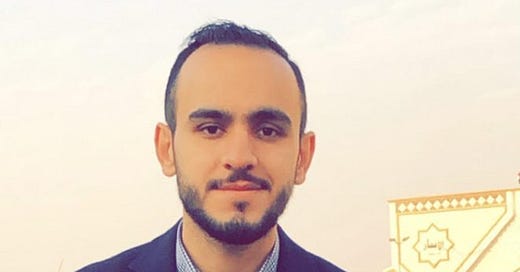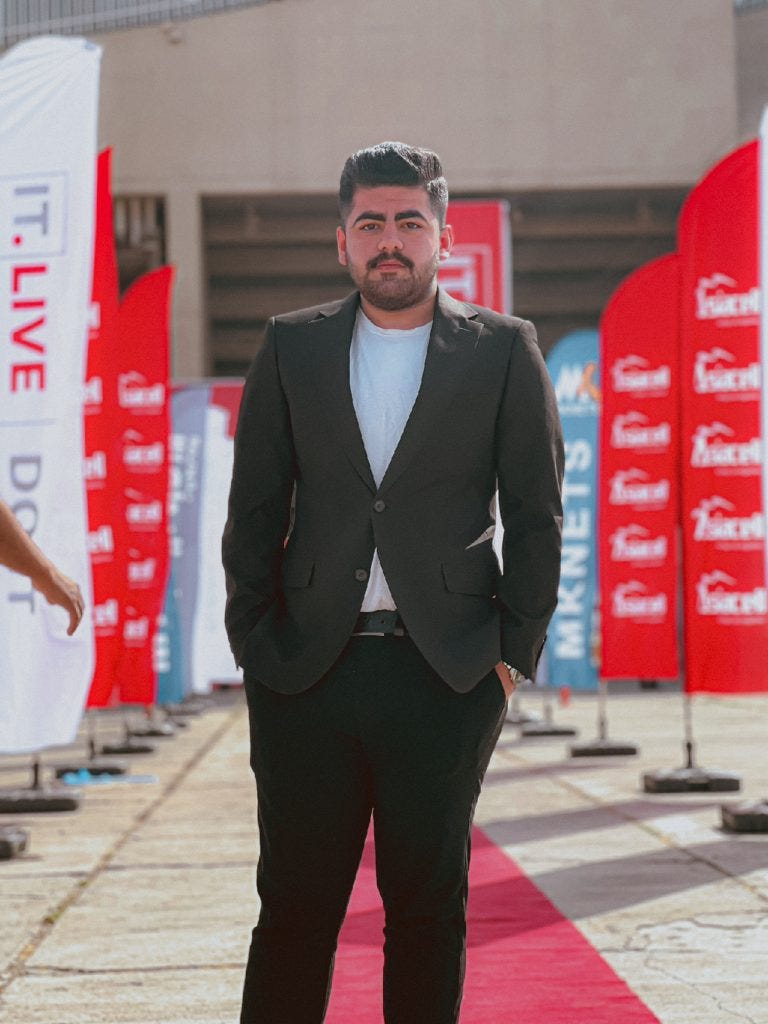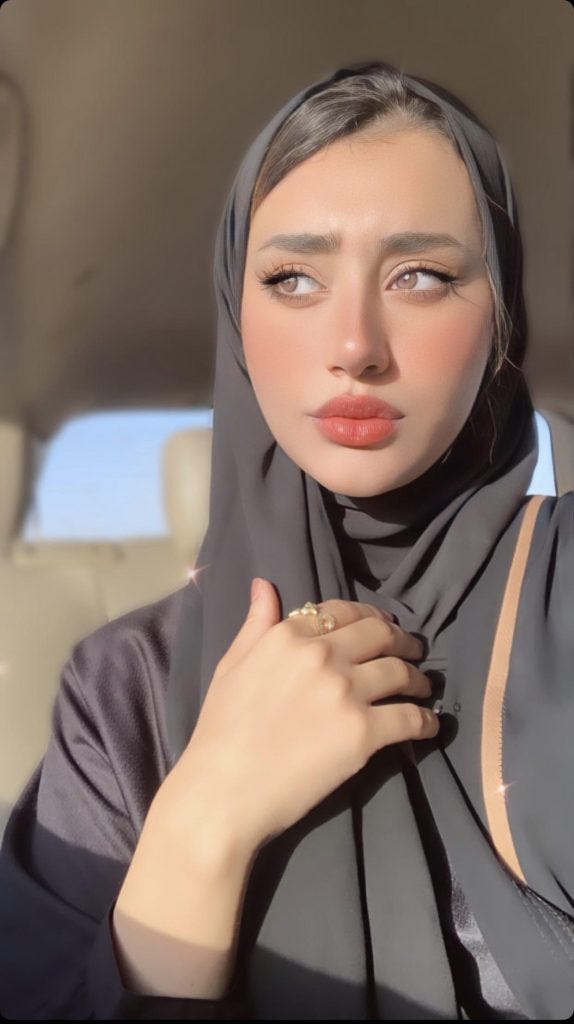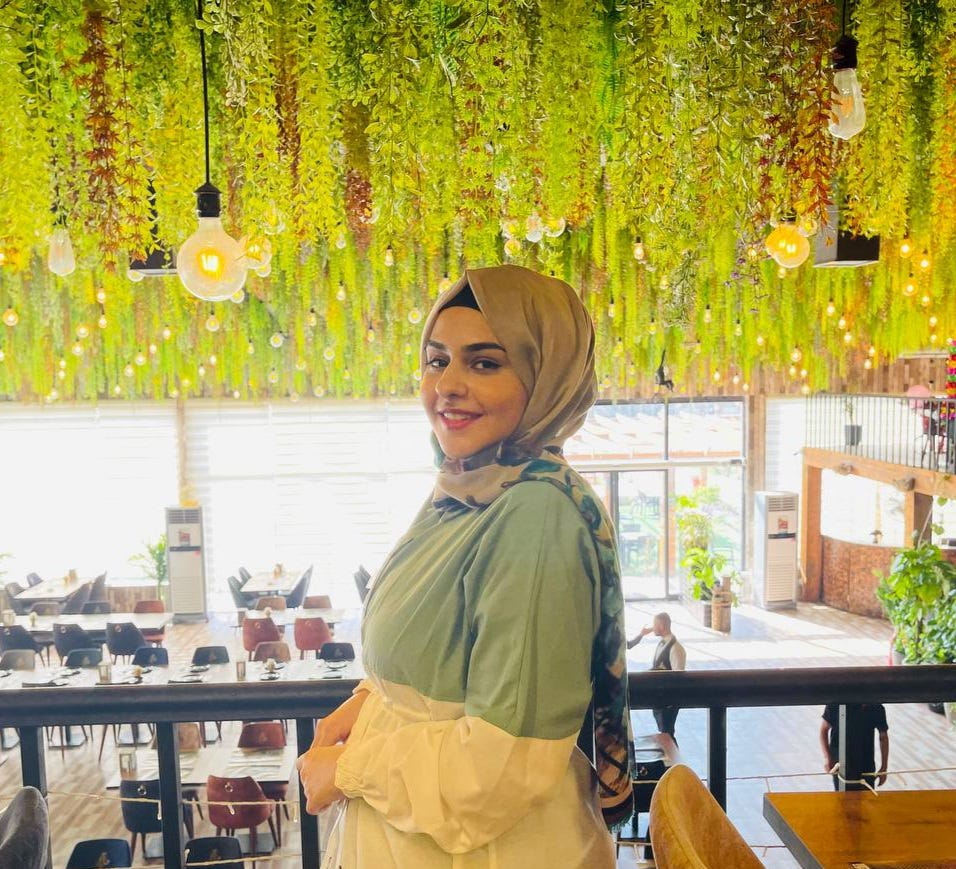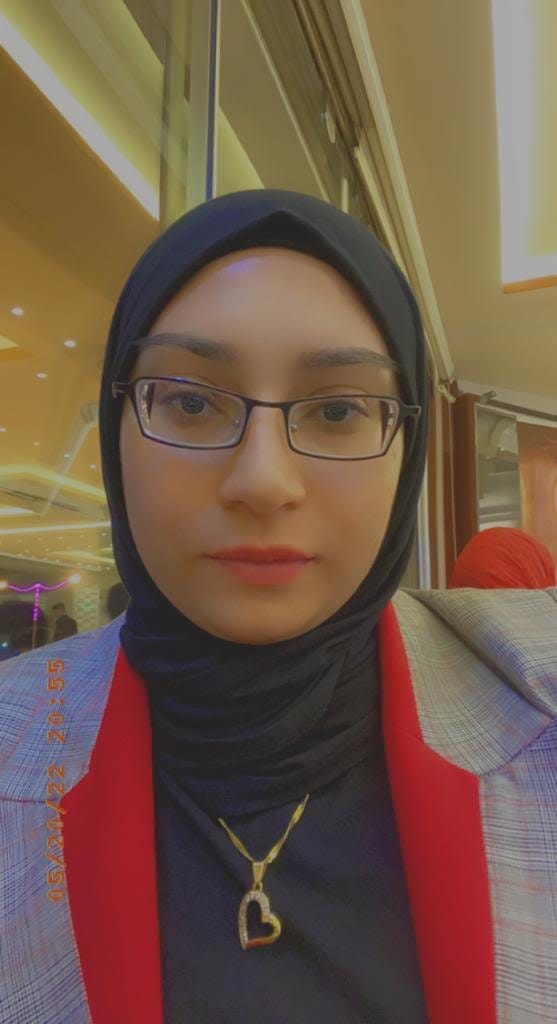A New Generation of Wikipedia Arabic Translators
The Wikipedia Arabic translators striving to lift limits on knowledge across the Middle East
Now in its second year, the Ideas Beyond Borders Translator Program gives students at Middle East universities a chance to hone their skills and gain experience in translating Wikipedia articles into Arabic. Funded in partnership with the Wikimedia Foundation, the course provides a semester of extracurricular webinars where students learn how to translate and edit articles while thinking critically about the issues they are covering and the sources behind them. The top students can then compete to secure leadership positions in the Wikipedia Arabic community and build their careers as translators.
We spoke to student translators for insights into the ambitions they cherish, the challenges they face, and the values that drive them.
Young people sign up for the University Student Translator Program for many reasons but our Wikipedia Arabic translators share a common goal - to increase access to information and build a society based on social justice and free expression. “Exchanging knowledge and challenging ourselves to learn are vital ways to move forward, change society, and pave the way for future generations so they can seek knowledge without limits,” says Nora Abd Al Kareem, a second-year student at the Translation Department in the University of Mosul.
Our Student Wikipedia Arabic Translators:
Mustafa Bahaa Raheem, 24, University of Anbar
I was drawn to the translator program by the spirit of competition and the prospect of enriching Wikipedia Arabic so that Arabs can read articles on a wider range of subjects. At first, I thought it would be difficult and time-consuming, but I’ve enjoyed gaining skills in translation and publishing while giving something back to society. Freedom of speech and expression is very important and must be respected if we are to understand other points of view.
I usually translate in the evenings after university, often working into the night when it’s quiet. It was friends who first encouraged me to sign up and now that I have won an award in the translation competition they are really proud of me. My passion for this work has increased and the more I do it the easier it becomes. My vocabulary has also expanded a lot! Now I am thinking of translating and publishing more articles on Wikipedia and developing my talent so that I can translate books, films, and series.
Ali Firas Adnan, 21 Al-Turath University
We don’t have a lot of programs like this in Iraq so I signed up because I love academic translation. Every lecture covers something new about English and Arabic and I’ve learned a lot, even about Arabic diacritics, which I found impossible before. I plan to use the knowledge I have gained to make articles in English available to Arabic readers so that they have access to the same knowledge with no barriers. It’s so important that we are able to speak freely and express opinions.
I spent three or four hours a day translating, usually at night because I’m at university in the day. I sit down, put on quiet background music to help me focus then read the article through to get a good understanding of it before starting the translation. I loved learning new words and ways to express things and when I secured the platinum certificate in the competition it felt like one of the best things that have happened to me all year. I hope I get to do something like it again.
Safa Ammar Ahmed, 19, Al-Turath University
I signed up for the program after seeing one of my friends participate in the first year. I was encouraged by the experience they described and all the new things they learned, as well as the certificate they gained at the end. It was my first time translating and I have learned a lot, including how to create and edit an article, the proper way to reference sources, and how to transfer images.
I have invested a lot of time into the program because I will use all this wonderful knowledge when I graduate. The certificate I have gained supplements my degree and will help me secure a job in the future. I was nervous when they sent the results but so happy to gain second place. The university held a ceremony and my family and friends were really proud – it was a beautiful moment. I would encourage everybody to participate in this program if they can, it’s a fun opportunity to gain great experience.
Fatimah Yasir Al-Mansoori, 24, University of Kufa
I was already into subtitling and translating articles when I heard about the program from a friend at my college. She posted about it online and I went for it – it seemed like a good way to develop skills and learn more. I have gained a lot of valuable translation tips and learned to say more with fewer words while being concise yet accurate, which are important qualities of well-written Arabic texts.
Winning the competition definitely boosted my confidence and it reconnected me to a version of myself that I have missed. It reminded me of the satisfaction I feel after finishing a long article. Since completing the course I have been doing volunteer translations, subtitling videos, and hopefully translating a book! I plan on getting further into the translation field and experimenting with different types of texts.
A lot of issues in the world can be tackled by shedding light and communicating on the challenges we face. Having that kind of freedom taken away is like taking away a superpower. If people can't speak their truth, those issues will get even more complicated.
Zahraa Azhar Abdulkader, 28, The American University of Iraq-Sulaimani
I saw this program as an opportunity to make a social impact while challenging myself in a field that is not a part of my engineering studies. I am passionate about both science and sport, and this opportunity helped me widen my knowledge in both fields.
I also learned that I should try before saying I cannot do something. At first, I was hesitant as I’m not familiar with translation rules and techniques, but I tried, read sources, and followed instructions, and in the end, I did it. It turned out to be a really fun opportunity and I enjoyed every moment.
My goal now is to use the knowledge I acquired from this program to contribute more through translation, especially in the field of science so that non-English speakers can benefit. I already have a Facebook page (with a team of volunteers) where I translate scientific articles about the latest events, discoveries, and facts.
Succeeding in this competition was such a motivation for me to keep going and work harder. Winning has boosted my confidence and made my family proud.
Nora Abd Al Kareem, 22, University of Mosul
It was a shock for me to learn that only 3 percent of internet content is available in Arabic and I was drawn to the program by the opportunity to help increase this. Exchanging knowledge and challenging ourselves to learn is vital to move forward, change society, and pave the way for the next generations so they can seek knowledge without limits.
It was also a great opportunity for me to test my skills in translation and be trained by professionals – I knew it would be good for my CV. I already specialized in translation but I learned how to do it better and pay attention to grammatical rules and punctuation, how to fix common mistakes in Arabic, how to edit and criticize my own work, how to publish on Wikipedia, and much more.
I use the knowledge that I have gained from this program almost every day, in translating, writing, and even in my emails. Since I plan to finish my degree in translation and to be an interpreter, I am sure that I will keep using all the new things that I have learned for a long time to come.

